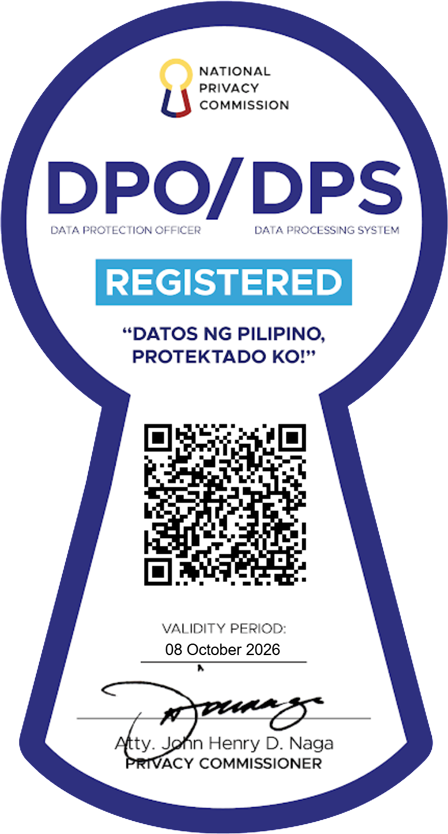Romance and Responsibility: Why Birth Control Isn’t Just a Woman’s Job
Estimated reading time: 8 minutes
Key Takeaways
- Birth control is a shared responsibility in a romantic relationship.
- Modern perspectives advocate for both partners playing an active role.
- Various methods of contraception are available, each with unique benefits and side effects.
- Always consult a medical professional to choose the best birth control method for you and your partner.
Table of contents
Embracing Shared Responsibility in Birth Control
When it comes to romantic relationships, the topic of birth control often surfaces as a pivotal aspect of both responsibility and care. Traditionally viewed as primarily a woman’s concern, modern perspectives advocate for a more balanced approach, where both partners share the responsibility. Discussing and managing birth control openly not only enhances mutual respect and trust but also reinforces the concept that the responsibility of preventing unwanted pregnancies should never rest on one partner alone.
Understanding Contraceptive Pills and Birth Control
Overview of Birth Control: A Gateway to Informed Choices
Birth control serves as a fundamental tool for preventing unwanted pregnancies and planning a healthy family life. It encompasses a range of methods including hormonal, barrier, Long-Acting Reversible Contraceptives (LARC), and permanent solutions, each catering to different needs and lifestyles. Knowing the options available empowers individuals and couples to make informed decisions that best suit their personal and health circumstances. Explore more about our birth control options here.
Contraceptive Pills in the Philippines
Best Contraceptive Pills & Brand Names
In the Philippines, a variety of contraceptive pills are readily available, offering choices that range from combination pills (containing both estrogen and progestin) to mini-pills (progestin only). Popular brands include Althea, Trust Pill, Daphne, Lady, and Charlize. Each brand offers specific benefits and caters to different user needs.
How to Use Contraceptive Pills
Starting and adhering to contraceptive pills requires understanding and routine. Typically, it’s recommended to begin taking the pill on the first day of your period, ensuring daily consumption preferably at the same time each day for optimal effectiveness. Familiarizing oneself with what to do if a pill is missed is also crucial for maintaining its efficacy. Read more about it here.
Effectiveness and Side Effects
Contraceptive pills are highly effective with perfect use, showing about 99% effectiveness. However, typical use might reduce effectiveness due to missed pills or timing inaccuracies. Side effects can include headaches, mood changes, and menstrual irregularities. (Source).
Benefits of Contraceptive Pills
Beyond pregnancy prevention, contraceptive pills offer additional health benefits such as menstrual cycle regulation, reduced menstrual pain, and for some specific types, acne reduction. They can also potentially lower the risks of anemia and some types of reproductive system cancers. Read more here.
Birth Control Methods in the Philippines
Different Types of Birth Control Methods: Choices Abound
From hormonal methods like pills and patches to barrier methods like condoms and diaphragms; from long-acting solutions like IUDs to permanent options like sterilization; and not overlooking natural methods like the rhythm method—each type of birth control offers distinct advantages and drawbacks (Source).
Effectiveness and Choosing the Right Method
Different methods vary greatly in terms of effectiveness, from over 99% for IUDs and implants to about 85% for condoms with typical use. Choosing the right method involves considering personal health, lifestyle preferences, side effect profiles, cost, and accessibility. Check out the effectiveness of each method here.
Availability of Birth Control in the Philippines
Contraceptives, including FDA-certified brands, are widely accessible across urban and rural areas in the Philippines, though some methods require administration by healthcare professionals.
TRUST contraceptives are available at Watsons, Mercury Drug, The Generics Pharmacy, and Southstar Drug. Or you can visit this page for more information on our stores and clinics.
Promoting Sexual and Reproductive Health and Rights
The Role of Sexual Health Education
Enhancing knowledge and access to contraceptives through education is essential for lowering unintended pregnancies and promoting health. Programs in various dialects like Tagalog, Cebuano, and Ilocano help reach a broader audience.
Understanding Reproductive Rights
Advocating for accessible reproductive rights and health services, especially in conservative or restricted settings, is critical. These rights are essential for women’s health and the broader goal of sustainable development.
Conclusion: A Call for Partnership and Informed Decisions
Birth control is a shared responsibility in any romantic relationship, crucial for maintaining both the relationship’s and each individual’s well-being. It encourages a harmonious approach to planning and fosters a mutual understanding and respect between partners. Embracing open discussions and making informed decisions about contraception strengthens relationships and ensures a healthier society.
Encouraged by an organization like us, a deeper understanding and accessible options for birth control promote a better informed and empowered society in the Philippines. Endorsements of educational campaigns and accessible contraceptive methods are pillars in building a foundation for healthier relationships and communities.
Always consult a medical professional to choose the best birth control method for you and your partner, tailored to your health needs and lifestyle choices. Together, let’s build a culture of shared responsibility and informed choices towards a healthier society.








